
In a recent interview, US Army Lt. Gen. Xavier T. Brunson, the commander of United States Forces Korea, revealed that he has been using ChatGPT to assist in making military decisions, including strategic planning and operational choices during his tenure in South Korea. Brunson described the AI tool as a “force multiplier” that helps streamline decision-making processes amid rising tensions on the Korean Peninsula. This admission highlights a growing integration of artificial intelligence into high-level military operations by top US commanders.
Background on Lt. Gen. Brunson’s Role
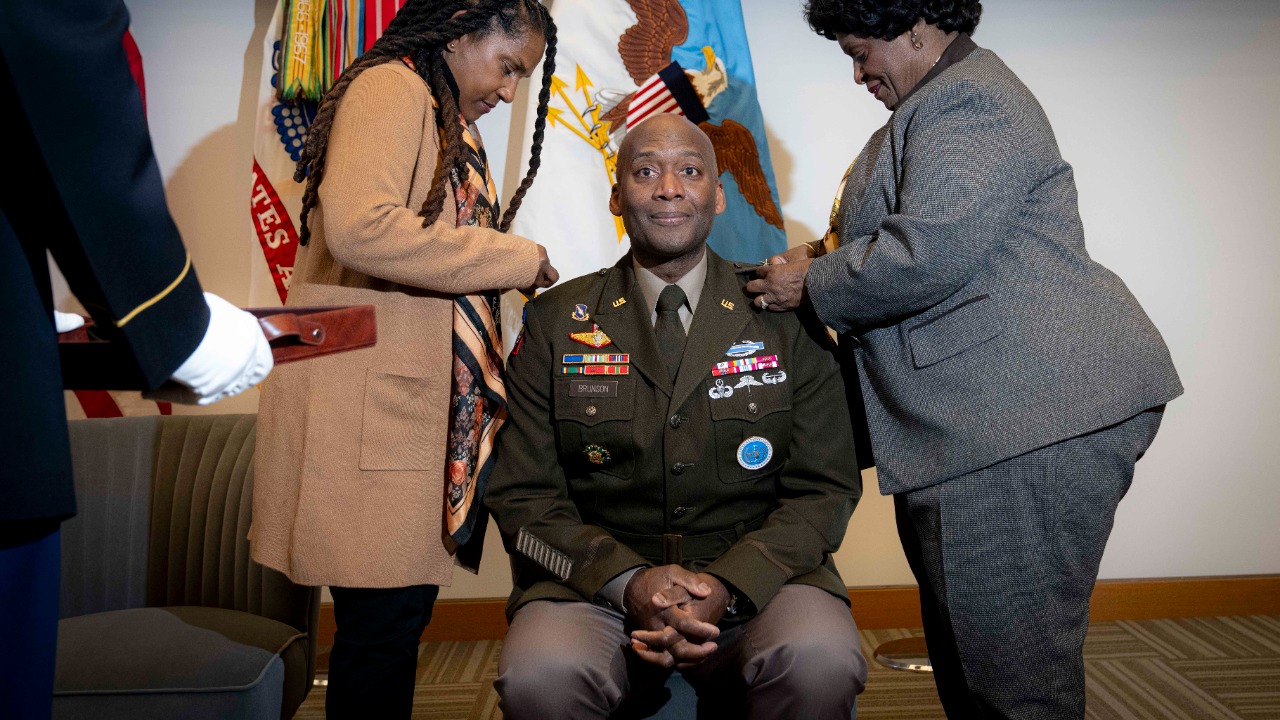
Lt. Gen. Xavier T. Brunson was appointed as the commander of United States Forces Korea in 2024, where he oversees approximately 28,500 US troops stationed in South Korea to deter North Korean aggression. Prior to this role, Brunson gained valuable experience as a division commander in Iraq. His leadership focuses on modernizing US military capabilities in the region, including the adoption of emerging technologies to counter threats from North Korea’s nuclear program and China’s regional influence.
Brunson has made several public statements on innovation, emphasizing the importance of leveraging AI to enhance readiness without replacing human judgment in critical scenarios. This approach reflects a broader trend in the military towards integrating AI into strategic planning and decision-making processes.
Integration of ChatGPT in Military Command
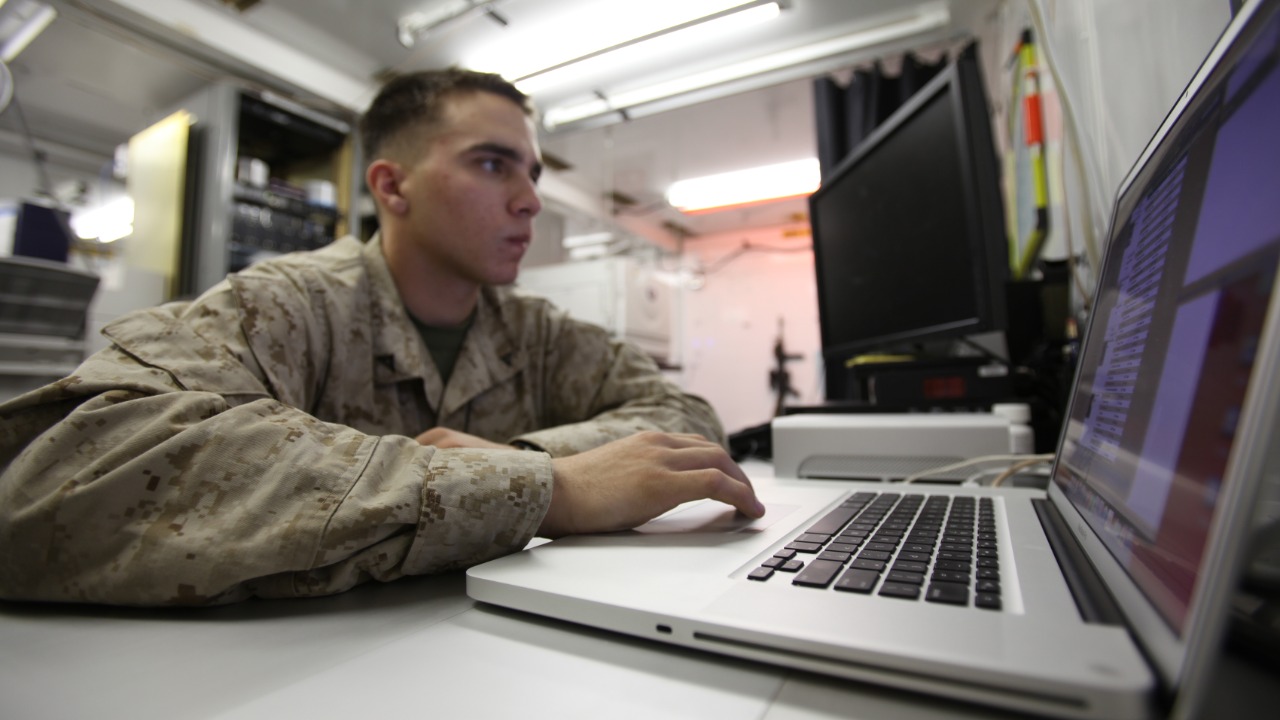
Brunson’s specific use of ChatGPT involves generating scenario-based analyses, such as simulating responses to potential North Korean incursions. He inputs these scenarios via prompts on secure devices. As Brunson puts it, “ChatGPT helps me think through options faster than flipping through binders,” illustrating its role in accelerating daily command decisions like resource allocation.
The implementation process was carefully managed, with Brunson’s team testing ChatGPT in non-classified settings before broader application. Safeguards were put in place to verify AI outputs against official intelligence, ensuring the accuracy and reliability of the tool’s recommendations.
Examples of AI-Assisted Decisions
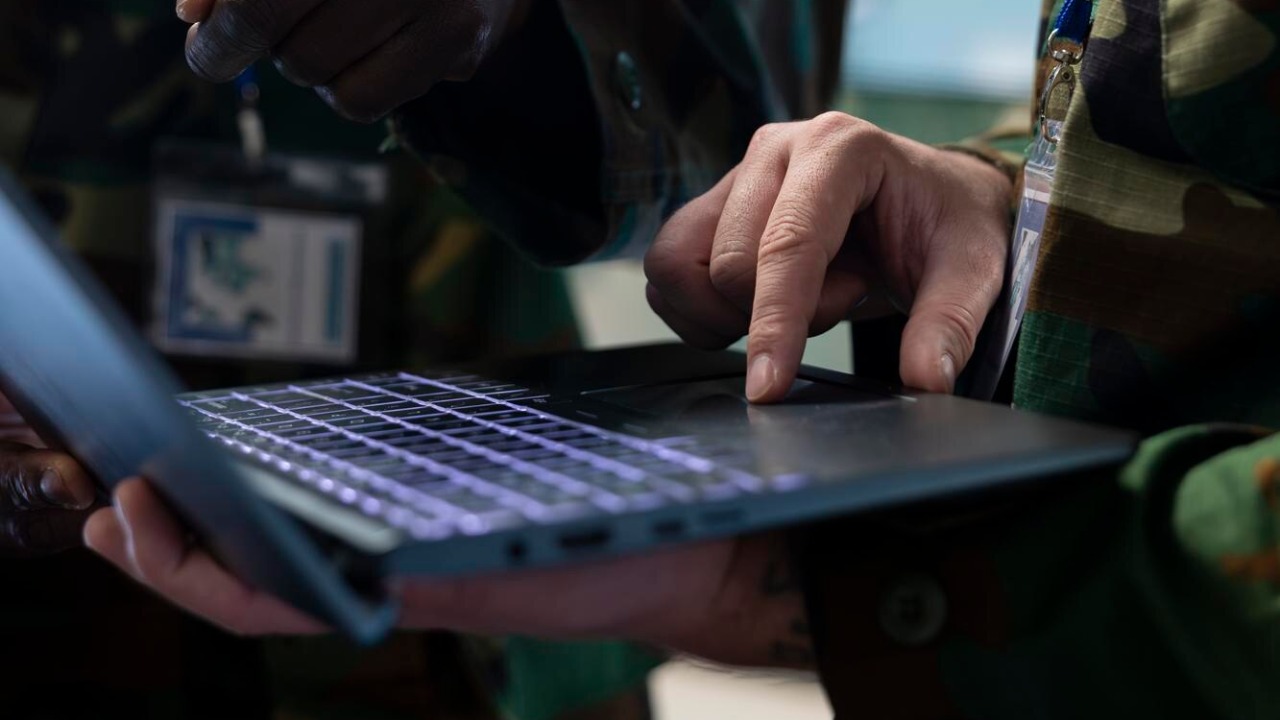
One notable case where ChatGPT advised on military strategy involved troop deployment adjustments near the Demilitarized Zone (DMZ). The AI suggested optimizations that Brunson then refined with human input, leading to a 15% efficiency gain in exercises. This demonstrates the potential of AI to enhance military operations, while also highlighting the continued importance of human oversight and decision-making.
Brunson has also used the tool for logistics planning, such as predicting supply chain disruptions from weather events in South Korea. This information informed real-time adjustments during joint US-South Korea drills, further illustrating the practical benefits of AI integration in military operations. However, limitations have been observed, such as occasional inaccuracies on classified data, prompting Brunson to limit ChatGPT’s role to preliminary brainstorming rather than final approvals.
Reactions from Military and Tech Experts

Pentagon officials have praised Brunson’s initiative, noting that it aligns with the Department of Defense’s 2023 AI adoption strategy. However, they also caution on ethical risks associated with using AI in combat zones. AI ethicists have echoed these concerns, with one expert warning that “relying on ChatGPT for decisions could amplify biases in training data.”
On the other hand, South Korean allies have shown support for Brunson’s approach, mirroring similar AI trials in their own forces. They view this method as a step toward stronger bilateral tech integration, which could enhance joint operations and improve regional security.
Broader Implications for US Military AI Policy
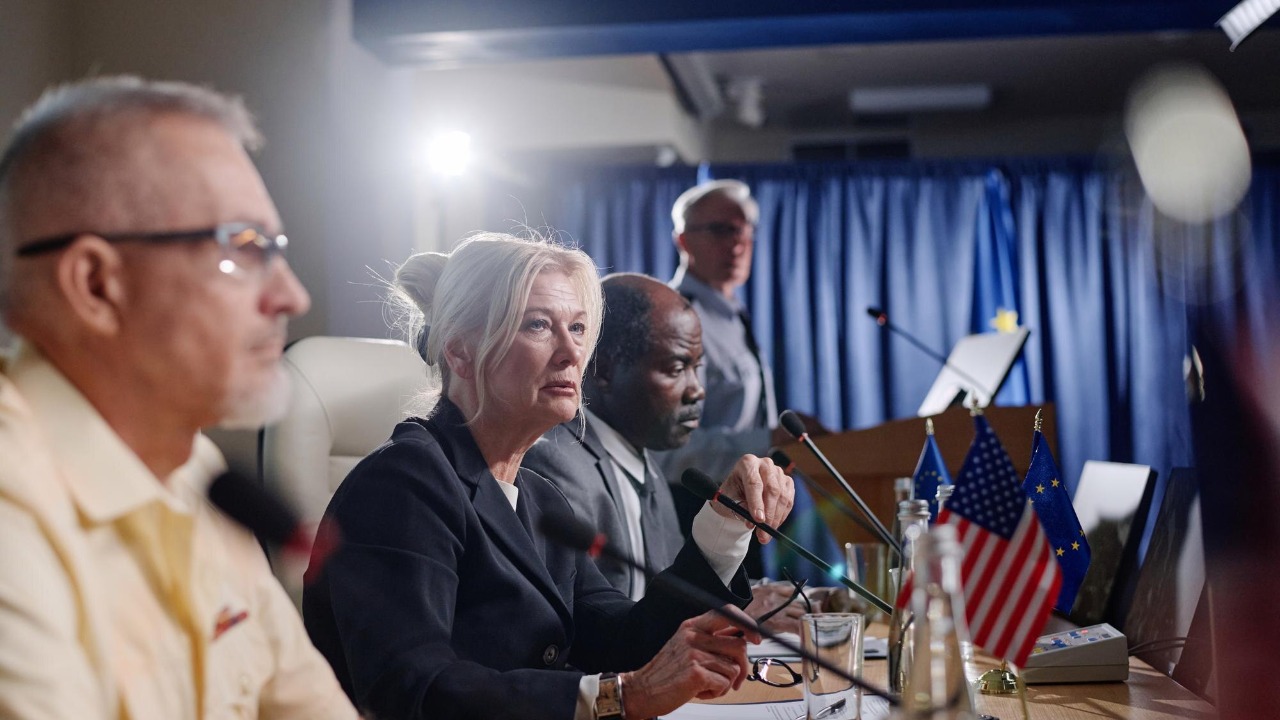
Brunson’s disclosure influences ongoing DoD directives, including the 2024 push for AI ethics guidelines that mandate human oversight in all decision-making tools. His advocacy for scaling ChatGPT-like systems across other commands could potentially save up to 20% in planning time for global operations, demonstrating the potential benefits of wider AI integration in the military.
However, concerns over data security remain. Brunson’s usage of ChatGPT complies with US Cyber Command protocols to prevent leaks of sensitive Korea-specific intelligence, but the broader implications of AI integration for data security in the military are still being explored.
Challenges and Future Outlook
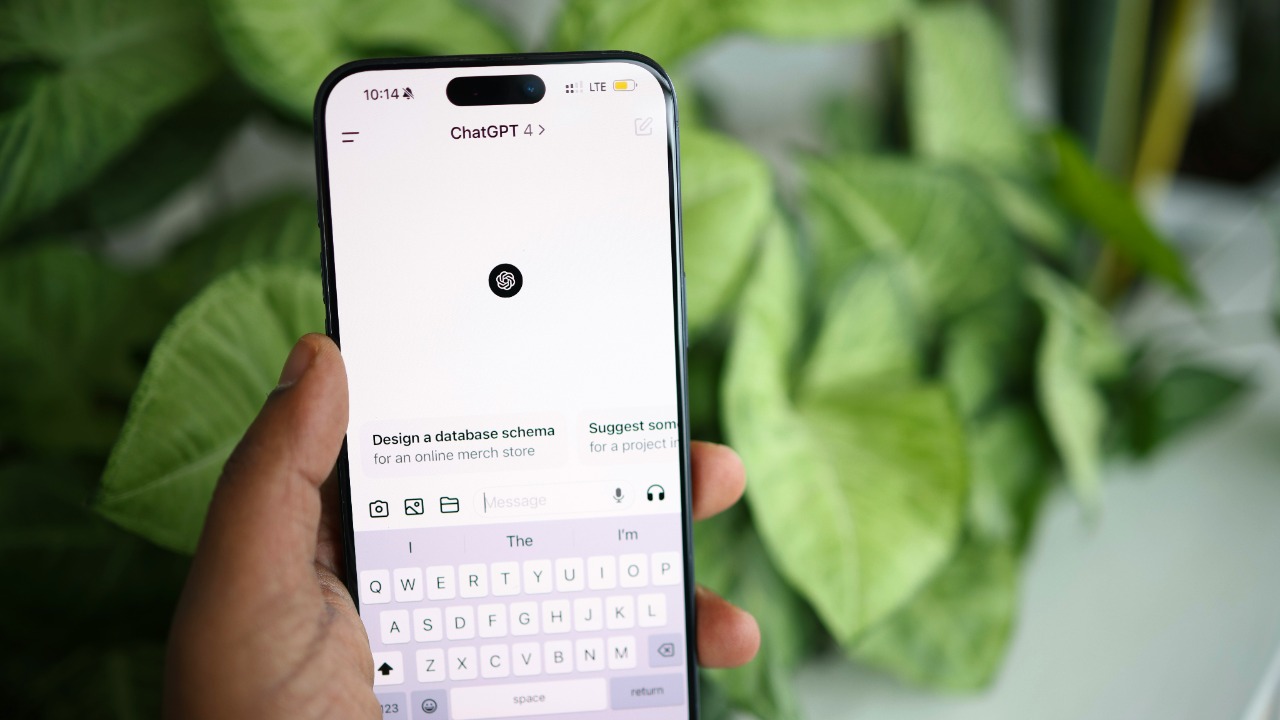
There are technical hurdles to overcome, including ChatGPT’s dependency on internet access. Brunson mitigates this through offline versions adapted for military networks in remote Korean bases. He has also mandated AI literacy courses for his 28,500 troops to ensure widespread understanding of tools like ChatGPT in operational contexts.
Looking forward, Brunson envisions AI evolving into predictive analytics for North Korean movements. However, this vision is balanced by the need for congressional oversight on AI’s role in US foreign policy, ensuring that the use of AI in the military remains accountable and transparent.
As AI continues to evolve and improve, it will undoubtedly play an increasingly important role in military operations. However, as Brunson’s experience shows, the integration of AI into the military is a complex process that requires careful management, ongoing evaluation, and a commitment to ethical standards.